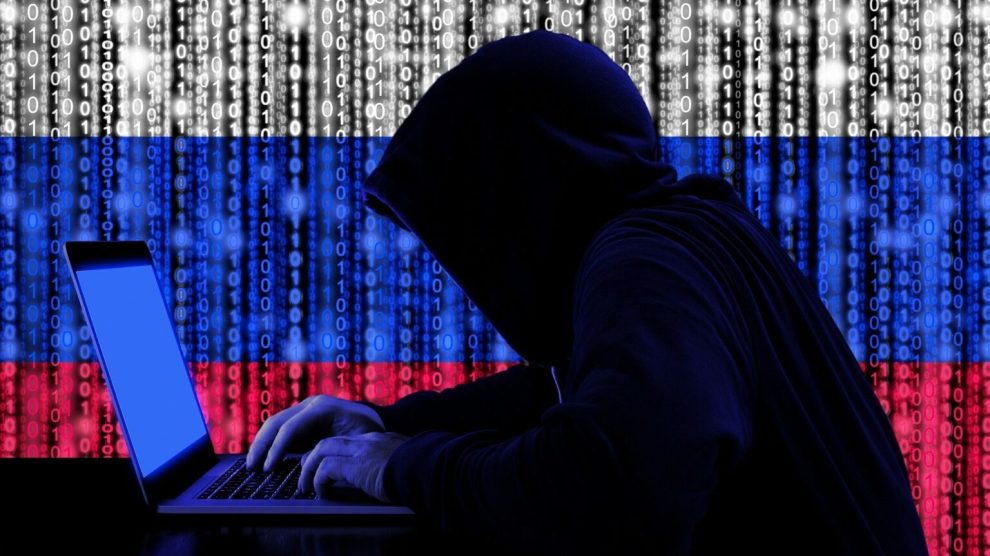A new hacker attack… carried out by the pro-Russian hacktivist gang NoName057(16) targeted key Italian institutions. These included Prime Minister Giorgia Meloni’s website, those of the Ministries of Infrastructure and Enterprise, and a sub-domain of the Guardia di Finanza—the financial police.
- In the message claiming responsibility for the attack, they said they would continue to target other Italian entities.
- No significant service disruptions were reported besides a minor slowing down in website loading times.
Real danger? European intelligence agencies have warned national governments of potential sabotage risks from Russian groups, the Financial Times reported on Sunday. Yesterday, Deputy PM and Foreign Affairs Minister Antonio Tajani downplayed the risks, stating that cyber-actions were the primary concern, especially in the run-up to the European elections. However, he did not “foresee significant danger” from sabotage or terrorist attacks”.
- He also explained that cyber attacks “have already occurred”, even when Ukrainian President Volodymyr Zelensky visited Rome. “After he landed at Ciampino, an attack on the Ministry of Foreign Affairs website began,” he noted.
- “There will likely be more attacks of this kind, but we will not be intimidated” nor “retreat from the war,” he said again on the sidelines of an election rally for his Forza Italia party in Rome.
The numbers. The National Cybersecurity Agency reported that in 2023, hacker attacks against Italy claimed by pro-Russian gangs accounted for 248 of the 319 detected attacks.
- Presenting the annual assessment, Undersecretary for Intelligence Alfredo Mantovano stated that the number of DDoS-type (distributed denial of service) cyber attacks had increased by 625 per cent compared to the previous year.
The strategy. Attacks against banks, critical infrastructure, media, and politicians are designed to overwhelm a website, server, or network resource, denying service to users and damaging their reputation.
- This is just one component of the hybrid warfare campaign orchestrated by Russia against countries like Italy that support Ukraine, even militarily. The tactic exploits moments of tension, particularly ahead of important events such as the upcoming European elections in June.
- As hackers claimed, today’s attack was an act of intimidation, occurring ahead of the Italian government’s announcement of a new military aid package for Kyiv.





